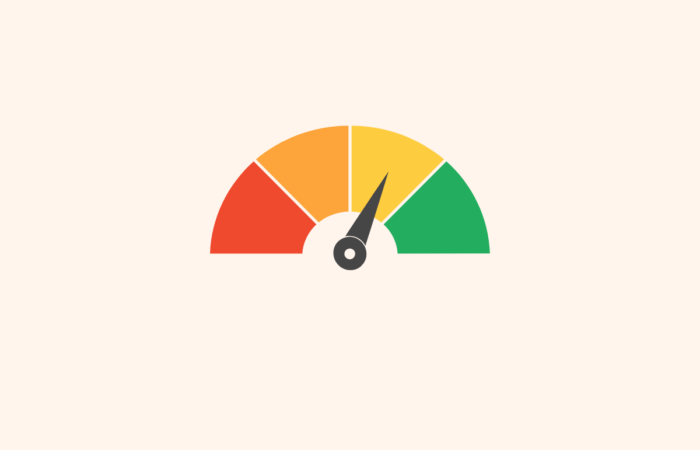
Offre limitée
👋
Inscrivez-vous et recevez le code de réduction 10%
The Records of Processing Activities, or RoPA, provides a clear overview of all aspects of données personnelles processing, including collection, purposes, types of data, and categories of data subjects.
RoPA stands for Records of Processing Activities. The General Data Protection Règlement (The GDPR) requires organizations to keep a RoPA. It is a document that shows every step of what happens to personal data, from collection, purposes to processing and data types.
According to Article 30 of the GDPR, “Each controller and, as applicable, its representative, shall keep a record of the processing activities under its responsibility.” This means that every company must have Records of Processing Activities (RoPA) for the personal data they process as a responsable du traitement des données.
Art. 30(2) of the GDPR specifies that “every processor and their representative, where applicable, must keep a record of all processing activities performed on behalf of controllers.” As a result, even if your company primarily processes data for other companies, you must maintain a Records of Processing Activities (RoPA) as well, for the data you process for the controller.
For example, if your company is a service provider for sending email marketing campaigns, and the data controller sends you a list of email addresses and names, you should include that in your Records of Processing Activities (RoPA), along with any data you are processing as a data controller, such as employee personal data.